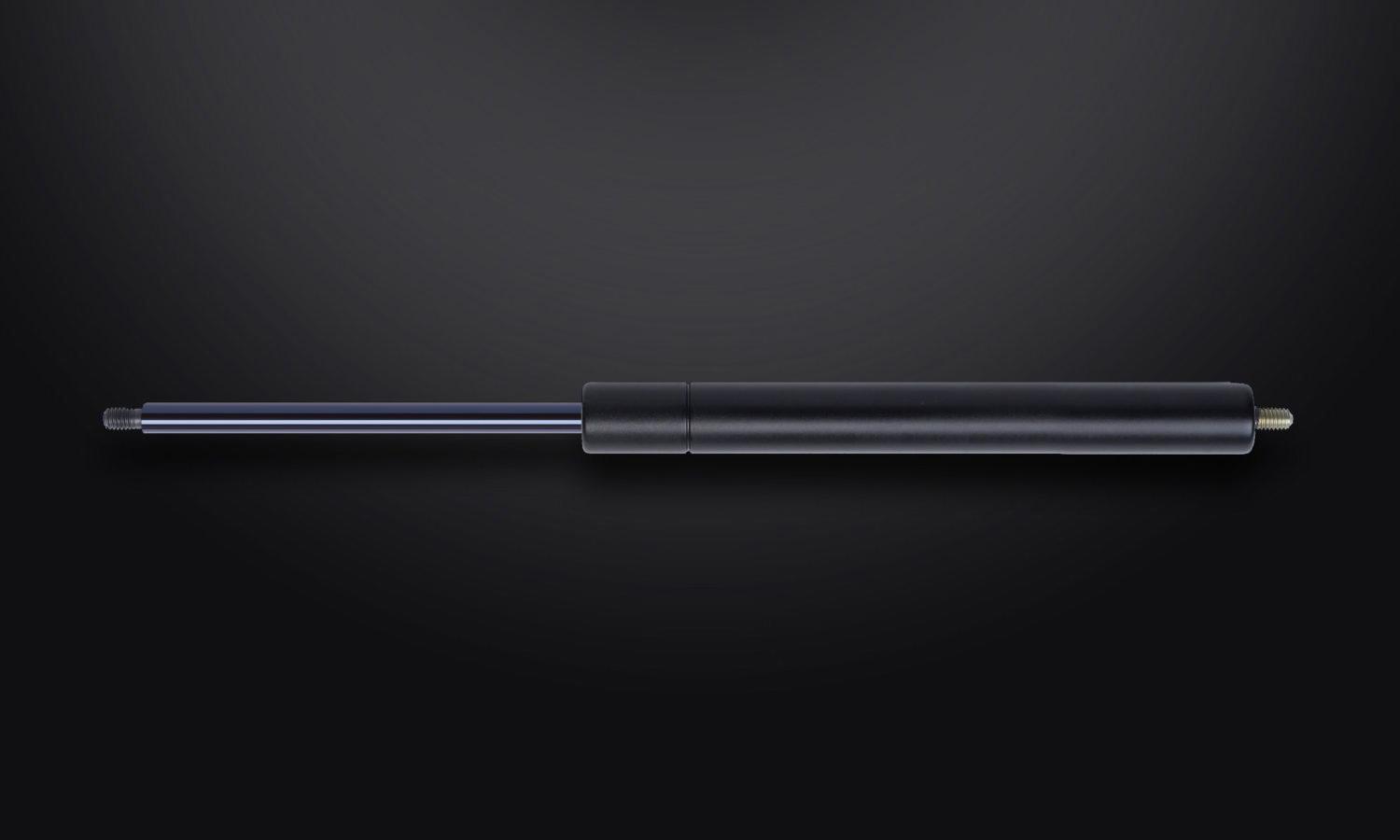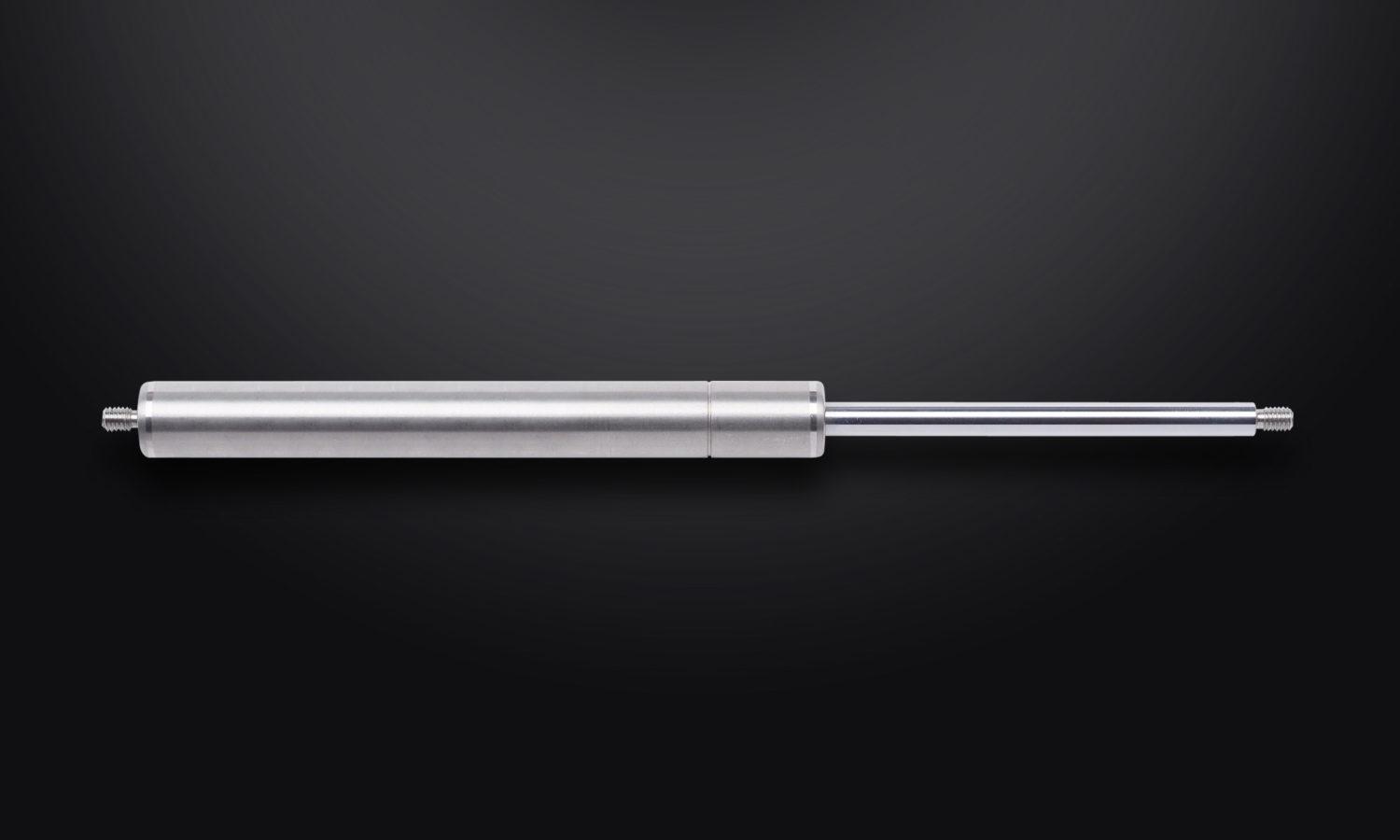
How is a gas strut made?
Ask the Experts
All our customers receive free technical advice on every project, with dedicated engineering support from concept to delivery.
Ask the ExpertsHow is a gas strut made?
A gas strut consists of a few vital components that enable it to work.

Rod
Rods are either precision ground, polished carbon or stainless steel. The surface of the rod is treated to improve wear and increase corrosion resistance. In general, the rod will always be longer than the stroke of the spring and shorter than the length of the tube.
Camloc’s carbon steel rods use a nitride surface treatment and stainless steel rods use a chrome-plated treatment.

Tube
The tubes used are either powder coated carbon or stainless steel high integrity seamless welded tube suitable for high pressures.
The internal surface finish and tensile strength of the tube are critical to gas spring longevity and burst pressure performance.

Guide and Seal Package
Manufactured from plastic composite, the guide and seal package provide a bearing surface for the rod, prevents the escape of gas and ingress of contamination.

Piston Assembly
Manufactured from zinc, aluminium or plastic the piston assembly controls the rate at which the gas spring extends and compresses, it also serves to prevent the rod from being expelled from the spring. For safety reasons the integrity of the piston to rod attachment is critical.

End Plug
This is used to seal the tube end of the gas spring and is where the tube end fitting attaches. In the case of Camloc Gas Springs the end plug is also where the Vari-Lift valve is incorporated. The Vari-Lift valve allows the release of the Nitrogen gas from the spring, which reduces the gas spring force. This feature is useful in allowing the gas springs to be fine-tuned to the application.

Nitrogen Gas Charge
Nitrogen is used as it is inert and non-flammable and therefore does not react with any of the internal components.
Oil
Provides lubrication for the seal and internal components, it also serves to provide the damping effect at the end of the gas springs stroke.
Related Products
Can't find what you're looking for?
Our friendly team are more than happy to help. Call +44 (0)116 274 3600.
Tell us about your project

